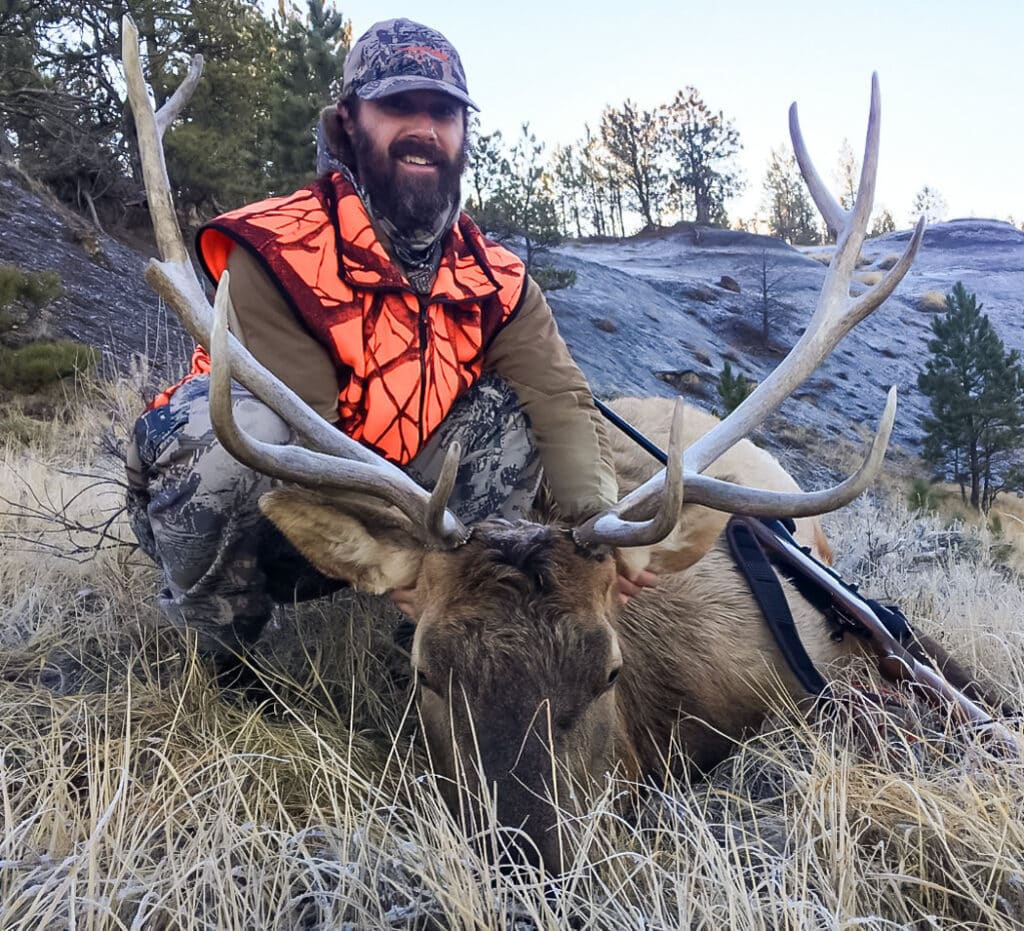Hunters, anglers, and other public land users stand to benefit from a new renewable energy leasing rule released by the Department of Interior today. The rule sets up a process for competitive leasing and environmental review for renewable energy projects on public lands. This new rule will help protect our habitat for fish and wildlife and access for hunting and angling while charting a course to a cleaner energy future.
The Bureau of Land Management’s new solar and wind leasing rule will help establish stability and consistency across BLM field offices in permit review, which will provide greater certainty and predictability for energy companies. Consistency and transparency will better provide information to the public, the energy companies, and to investors. It will also establish a leasing process for more efficiently issuing permits, which can speed up permitting time and protect natural resources.
“The BLM’s new rule strikes a balance between energy development and wildlife habitat. I’m glad to see this balance, as a public land hunter. As an American, I’m also glad to see our country work on becoming more energy independent” said Eric Wendt, an avid big game hunter out of Billings, MT.
The Bureau of Land Management’s new solar and wind leasing rule will be essential while considering the needs of fish and wildlife populations and the interests of hunters and anglers when large-scale renewable energy projects are proposed. The leasing rule includes provisions that establish rates and fees to ensure the public get a fair return. Other provisions create designated leasing areas that promote the use of low-conflict development and take a region-wide approach to mitigating the impacts from development.
“The new rule will help us anticipate and avoid harm to fish and wildlife habitat,” said Dave Chadwick, Executive Director of the Montana Wildlife Federation. “This is a smart, balanced approach to developing renewable energy on public lands that avoids conflicts with wildlife and other public land users.”
“This rule will set us up for future solar and wind development that avoids the conflicts we’ve seen in the past over other energy sources,” said Chamois Andersen, Executive Director of the Wyoming Wildlife Federation. “We can build wind and solar projects without harming the West’s prized fish and wildlife habitat and public access.”


